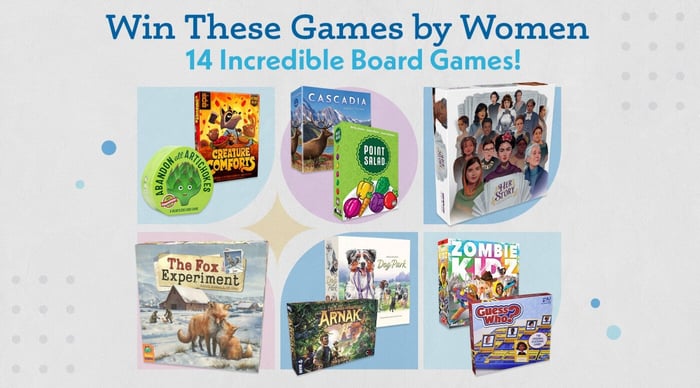At Underdog, we continually playtest unfinished games with customers. In 99% of these tests, the game isn't good enough. This makes for an odd situation where customers have to offer critical feedback and tell us how we've fallen short. It can be uncomfortable, and I sense testers often don't know how forthcoming to be. So I'm writing this to say: Please tell us why we suck. It's the only way we can make better games.
We LOVE criticism and critical feedback. We love it more than praise. If I were given a choice between receiving only praise or only criticism, I'd choose the latter every time. There are two big reasons why:
1. We all believe we're more right than we actually are.

I believe each of us is caught in a web of profound ignorance. Reality is astronomically more complex than our minds can handle. In fact, our minds likely didn't evolve to comprehend truth at all–they evolved to survive, which involves comprehending only very selective, limited kinds of truth.
Good game design isn't among those truths. But we don't know how ignorant we are, because our conscious experiences present to us a reality that seems perfectly, matter-of-factly, real. But it's not! What you experience likely isn't reality; it's a simulation of reality, shaped by evolution to help you survive. You've never directly experienced reality, ever.
This is a reason we become convinced many of our beliefs aren't beliefs at all, but truths, and anyone who disagrees must be disingenuous, stupid or crazy. But actually, each consciousness, each simulation of reality, is simulating things a little differently. We're living in different simulated realities, and we don't know it. This makes us much more sure of ourselves than we should be.
Every person on Earth is duped by this every day. One of the few ways to appreciate this is to take seriously the experiences of others, in particular those who say you're wrong. Every time someone tells me I'm wrong, I have a small clue about how their simulated reality differs from mine. I can use such clues. Over time, I can integrate all those bits of feedback into a coherent picture of ways people differ.
This is important for making board games, because they're created for multiple minds to enjoy together. When I make a game, I have to make something that works well in multiple simulated realities simultaneously. I can't do that without understanding how minds differ. Criticism and critical feedback is how I find out.
2. Criticism, not praise, drives improvement

There's a famous UFC fighter who lives by the credo "Win or learn." I love that. In three words, it sums up perfectly why criticism is better than praise. When someone tells me they don't like something, I can then work toward understanding why and how to improve for them.
Conversely, when someone tells me they like something, all I can do is enjoy it. That's nice, don't get me wrong, but it offers no immediate path toward learning and improvement. I enjoy learning and improvement more than praise. Improvement is important not just for me personally, but it's the #1 value of Underdog Games–the value we want to hold ourselves accountable for upholding above all others.
So, if you ever find yourself in a playtest of one of my games, please criticize the game freely. We want your critical feedback.
Tips for providing useful criticism
If you playtest one of our games (and I hope you do), here's how to help the designer as much as possible.
- First, focus on describing how a thing made you feel, and let other testers do the same before making suggestions for improvement.
- Describe specific moments in the game that were particularly bad for you, and narrate your thoughts and feelings in the moment. Moment-by-moment narration of an experience helps a designer more than a high-level executive summary.
- To explain a negative experience, contrast it with your experience of one of your favorite games. The contrast between the two will help us more readily pinpoint where our game is going wrong.
Want to know what else we do besides playtesting to create better board games? Read all about it here.





